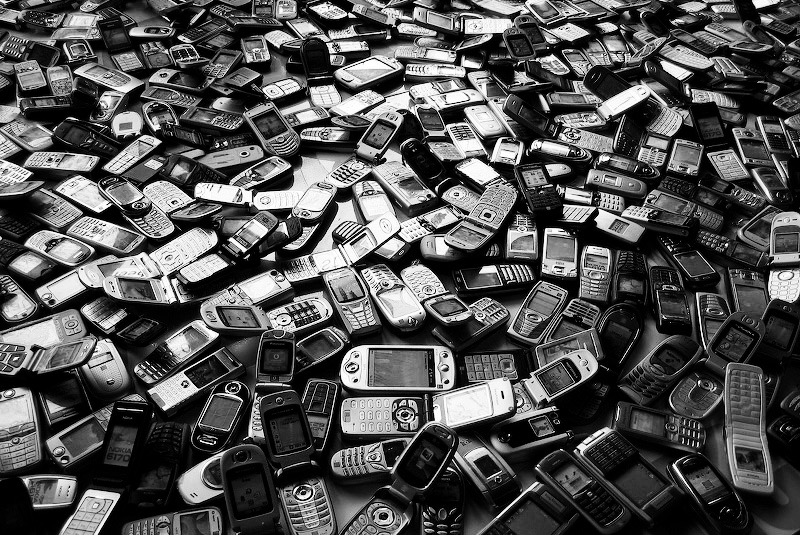In dump yards across India, unorganised workers called ‘khattewalas’ sift through piles of trash in the local dump yard, looking for electronic gold. They collect scrapped computers, mobile phones, CRT monitors – anything that powers the information age.
These are sold to kabadiwallas, who in turn sell it to the ‘thekedars’ who manage godowns and small shops. These shops don’t just source from India, they get e-waste from around the world. Hidden within the texts of Free Trade Agreements are loopholes that allow ‘non-new goods’ to be imported without tariffs. The job of digging out precious metals from these is left to India’s informal e-waste dismantling markets – such as Delhi’s Old Seemapur district.
To start with, everything has a circuit board. To separate its components, they’re set on fire – filling the rooms with lead fumes. Children and adults work on this e-waste (500,000 in total – according to one report), hack into discarded electrical components with their bare hands, smelting motherboards with flame-torches, imbibing the fumes of now-toxic waste.
It’s an informal recycling industry that’s been around forever. Hazard is a part of the worker’s lives, with two-thirds suffering from respiratory ailments. When researchers tested the breast milk composition of women living near prominent e-waste dumps in Kolkata and Taizhou (China), they found e-waste’s toxic signature – high concentrations of PCB and PBDE (Polychlorinated Biphenyl and Polybrominated Diphenyl Ethers). Both of them have been known to kill animals exposed to them even in small amounts.
Copyright©Madras Courier, All Rights Reserved. You may share using our article tools. Please don't cut articles from madrascourier.com and redistribute by email, post to the web, mobile phone or social media.Please send in your feed back and comments to [email protected]











